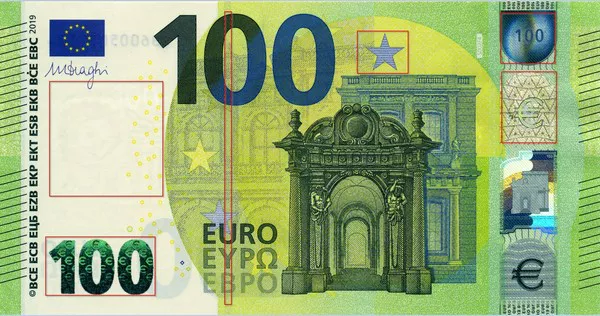As global economic conditions continue to shift, many investors are wondering whether the euro will appreciate against the Australian dollar. Both currencies have seen fluctuations in value over the past few years, but what does the future hold for these two major players in the foreign exchange market? In this article, we’ll explore some of the factors that may influence the exchange rate between EUR and AUD, and consider the potential outcomes.
Overview of the Euro and Australian Dollar
The euro is the official currency of the European Union and is used by 19 member states. It is the second most traded currency in the world, after the US dollar, and its exchange rate is influenced by a wide range of economic and political factors. Meanwhile, the Australian dollar is the currency of Australia and is also used in several neighboring Pacific islands. The AUD is considered a commodity currency as its value is heavily influenced by the country’s exports of coal, iron ore, and other minerals.
Factors Influencing the Exchange Rate
- One of the primary factors that can influence the exchange rate between the euro and the Australian dollar is interest rates. When interest rates in the eurozone are higher than those in Australia, investors may be more likely to buy euros, causing the EUR/AUD exchange rate to rise. Conversely, when interest rates in Australia are higher than those in the eurozone, investors may choose to buy AUD instead.
- Another key factor is economic growth. If the eurozone economy is growing at a faster pace than Australia’s, investors may be more likely to invest in Eurozone assets, leading to an appreciation of the euro against the Australian dollar. Conversely, if Australia’s economy is outperforming the eurozone, investors may prefer to invest in Australian securities, leading to a depreciation of the euro against the AUD.
- Trade relations can also play a significant role. As mentioned earlier, the Australian dollar is a commodity currency, and its value is heavily influenced by exports of raw materials to countries like China. Any changes in trade relations between China and Australia can have a significant impact on the AUD’s value. Meanwhile, the euro is highly correlated with European trade partners such as Germany and France. Any changes in trade policies or agreements between these countries could also affect the EUR/AUD exchange rate.
- Political developments can also influence exchange rates. For instance, if there is political instability in Europe, investors may become more risk-averse and seek safe-haven assets such as the Australian dollar. Conversely, if there is uncertainty in the Australian political landscape, investors may prefer to invest in euros, leading to an appreciation of the EUR/AUD exchange rate.
Recent Performance of the Euro and Australian Dollar
Over the past few years, both the euro and the Australian dollar have seen significant fluctuations in value. In 2021, the euro experienced a strong rally against the AUD, rising from around 1.57 AUD/EUR at the start of the year to over 1.65 AUD/EUR by mid-year. This was largely due to the relative strength of the Eurozone economy compared to Australia, as well as concerns over China’s trade restrictions on Australian goods.
However, this trend reversed in the latter half of 2021, with the AUD appreciating against the euro. This was partly due to a rebound in global commodity prices, which boosted demand for the Australian dollar. Additionally, the Reserve Bank of Australia (RBA) kept interest rates steady while the European Central Bank (ECB) signaled that it would continue with its easy monetary policy, putting pressure on the euro.
Outlook for the Future
So, what does the future hold for the EUR/AUD exchange rate? While no one can predict exactly how these currencies will perform, several factors suggest that the euro may appreciate against the Australian dollar in the coming months.
- Firstly, the Eurozone economy is expected to recover strongly from the pandemic, with growth rates projected to outpace those of Australia. This could attract investors to buy euros, leading to an appreciation of the EUR/AUD exchange rate.
- Secondly, the European Central Bank has signaled that it may taper its asset purchasing program in the coming months as inflationary pressures increase. This could signal to investors that interest rates in the Eurozone may rise sooner than previously anticipated, leading to increased demand for euros.
- Finally, ongoing tensions between China and Australia could continue to weigh on the Australian dollar. If China continues to restrict imports of Australian goods, this could lead to a decline in demand for AUD, which could cause the EUR/AUD exchange rate to appreciate.
Conclusion
In conclusion, the future direction of the EUR/AUD exchange rate is uncertain, but several factors suggest that the euro may appreciate against the Australian dollar in the coming months. However, investors should always keep in mind the inherent volatility of the forex market and consider diversification strategies to manage risk. By staying informed about global economic and political developments, investors can make more informed decisions about their currency investments.


